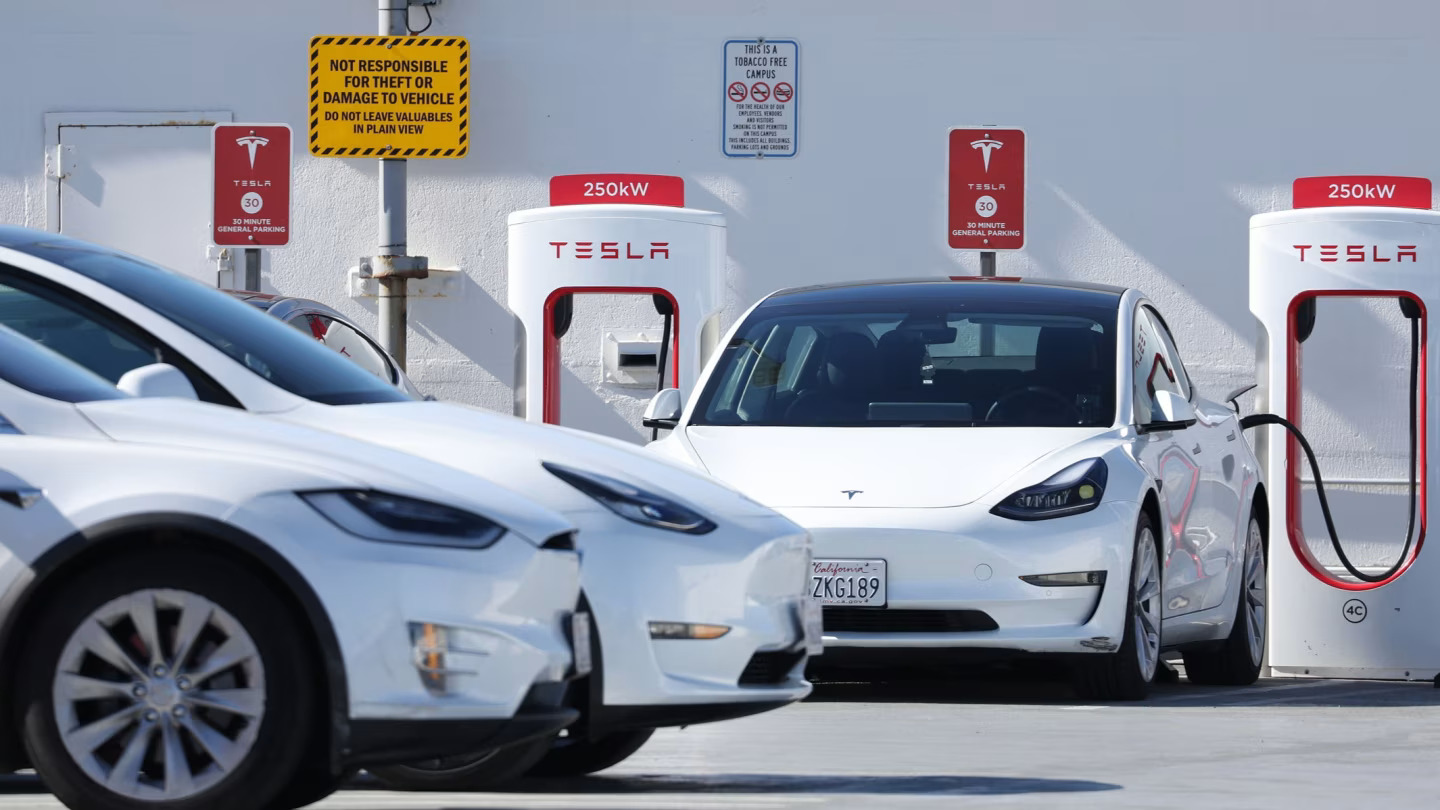The electric vehicle (EV) market in Indonesia has witnessed significant growth in recent years, driven by government incentives and a global push towards sustainable transportation. However, a pressing issue has emerged: the rapid depreciation of electric cars, raising concerns among potential buyers and industry stakeholders.
Understanding the Depreciation Trend
A recent report highlighted a case where an electric car purchased for IDR 2 billion experienced a substantial drop in resale value within just eight months. This sharp depreciation is not an isolated incident but reflects a broader trend in the Indonesian EV market.
According to a study by TopSpeed, electric vehicles tend to depreciate faster than their internal combustion engine counterparts, with an average depreciation rate of 58.8% over five years, compared to the industry average of 45.6%.
Factors Contributing to Rapid Depreciation
Several factors contribute to the accelerated depreciation of electric cars in Indonesia:
- Battery Degradation Concerns: Potential buyers of used EVs often worry about battery health and the high cost of replacement, leading to lower demand and resale values.
- Limited Charging Infrastructure: Despite government efforts, the charging infrastructure in Indonesia remains underdeveloped, affecting the practicality and appeal of used electric vehicles.
- Market Perception: Electric cars are still relatively new in the Indonesian market, and consumer confidence in their long-term reliability and maintenance costs is still building.
- Incentive Structures: Current government incentives primarily target new EV purchases, with limited support for the used EV market, affecting resale values.
Government Initiatives and Market Response
The Indonesian government has set ambitious targets for EV adoption, aiming for 2 million electric cars and 12 million electric two-wheelers by 2030 . To achieve this, various incentives have been introduced, such as tax exemptions and subsidies for new EV purchases.
However, the rapid depreciation of electric cars poses a challenge to these goals. As noted by Rachmat Kaimuddin, undersecretary at the Coordinating Infrastructure and Regional Development Ministry, establishing a robust resale market for battery electric vehicles is crucial to support the overall EV ecosystem in Indonesia.
Implications for Buyers and the Automotive Industry
For potential buyers, the prospect of rapid depreciation necessitates careful consideration. While electric vehicles offer environmental benefits and lower operating costs, the financial implications of resale value cannot be ignored.
For the automotive industry, addressing depreciation concerns is vital to maintain consumer interest and confidence. This includes enhancing battery technology, expanding charging infrastructure, and developing policies that support the used EV market.
Conclusion
Electric car depreciation in Indonesia presents a significant hurdle in the country's journey towards sustainable transportation. By understanding the factors contributing to this trend and implementing comprehensive strategies, stakeholders can work towards a more resilient and appealing EV market for both new and used vehicles.
Read More






 Saturday, 24-01-26
Saturday, 24-01-26







